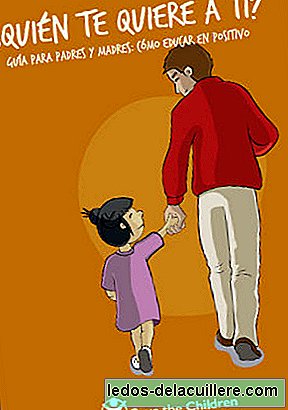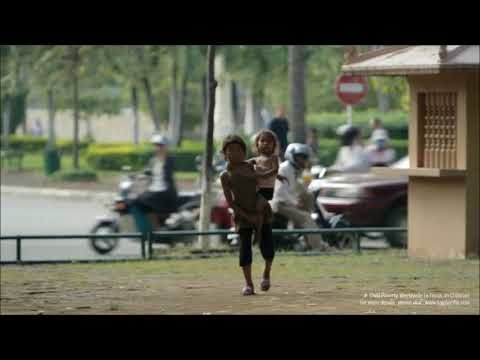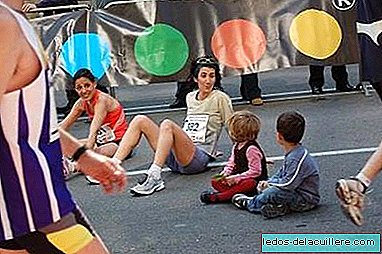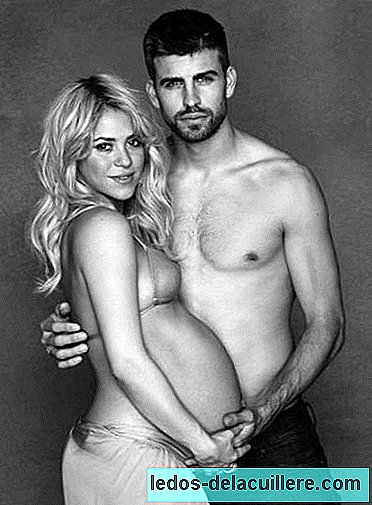
This guide for fathers and mothers, prepared with the support of the Ministry of Health, Social Services and Equality, is part of the work of Save the Children to promote positive education and good treatment.
More than 52% of adults think that sometimes it is necessary to hit a child to educate him, according to the latest CIS survey. Although physical or psychological punishment is socially accepted, it implies a violation of the rights of children and it is proven that they are not effective methods in the education of children. Whipping, insults or threats cause children pain, sadness, fear or loneliness and legitimize the use of violence between generations.
There are guidelines and tools to educate, correct or establish discipline without using physical or psychological punishment, based on respect for the rights of the child, affection and the establishment of norms and limits. These are the keys: * Know and understand the children: how they feel, think and react according to their stage of development.
Offer security and stability: Children have to trust their parents, feel protected and guided.
Dialogue: opt for the resolution of problems in a positive way, without resorting to physical and humiliating punishments.
To educate in positive and from the good treatment means to educate them without resorting to shouts, insults, threats, humiliations, whips or cheeks. These punishments cause boys and girls pain, sadness, fear, loneliness, guilt and low self-esteem, and it is proven that they are not effective in the education of children
This document clearly distinguishes three sections:
Know your son or daughter and you will better understand their behavior: how it is depending on their age
The emotional bond and its importance in the relationship with your son or daughter: security and trust.
How to deal with and resolve conflicts.
This Guide offers tips, examples and explanations, I really like it the emphasis placed on the need to understand children's behavior, and also the positive vision it offers of some situations that (although we have previously classified as complicated, as is the same stage of adolescence), they are vital and enriching experiences for all.
As a reminder, I would like to talk briefly about the
Consequences for children of physical and humiliating punishment in boys and girls
Provokes feelings of loneliness, sadness and abandonment, and increases the risk of developing depression in the future.
Damage your self-esteem, generates a feeling of little worth and promotes negative expectations about himself. It makes them feel angry and eager to get away from home.
He does not learn to cooperate with authority figures, he learns to submit to the rules or to transgress them.
It can suffer serious physical damage. When someone hits, they can "go hand in hand" and cause more damage than expected.
It incorporates the way you see life, a negative view of other people and of society as a threatening place.
In its 2012-2015 Children's Agenda, Save the Children calls for an express prohibition of physical and humiliating punishment in the family environment. Although the Civil Code was amended in 2007 by eliminating the expression that allowed parents to “moderately and reasonably correct their children,” there is still no prohibition as such in the legislation
“This prohibition is essential to advance a change in the perception of violence against children. Nobody has the idea that if you get mad at your co-worker, you slap him without any consequences. So why does it seem normal when we do it with a child? We know that educating a child in a positive way requires patience, effort and dedication and in the guide we offer tools to make it possible, ”explains Yolanda Román, head of Political Incidence at Save the Children.
The guide will be sent to schools, parent associations and institutions related to children in Spain and it will also have a web space in 'I want you to love' with practical advice and a blog in which experts like Carlos González, author of several books on parenting, food and child health and fathers and mothers, and journalist Ana Pastor collaborate .
This last account in your post that “Every step, every personal or professional decision you make makes you thinking about your child's future judgment. May you be proud, you repeat yourself. Your attitude towards life in the small details in which your children are present will determine that image that is formed of you. That is why coherence is so important. Do and say the same. Even if you are wrong. And when you do have the courage to show your face and ask for forgiveness ”.
You all have it here, I have already downloaded it and I will surely need it on more than one occasion, because positive parentality is as necessary as (sometimes) complicated, and always because of our own beliefs, prejudices, and previous experiences. What is clear is that we all (parents and children) feel better when we avoid shouting, threats and insults.












